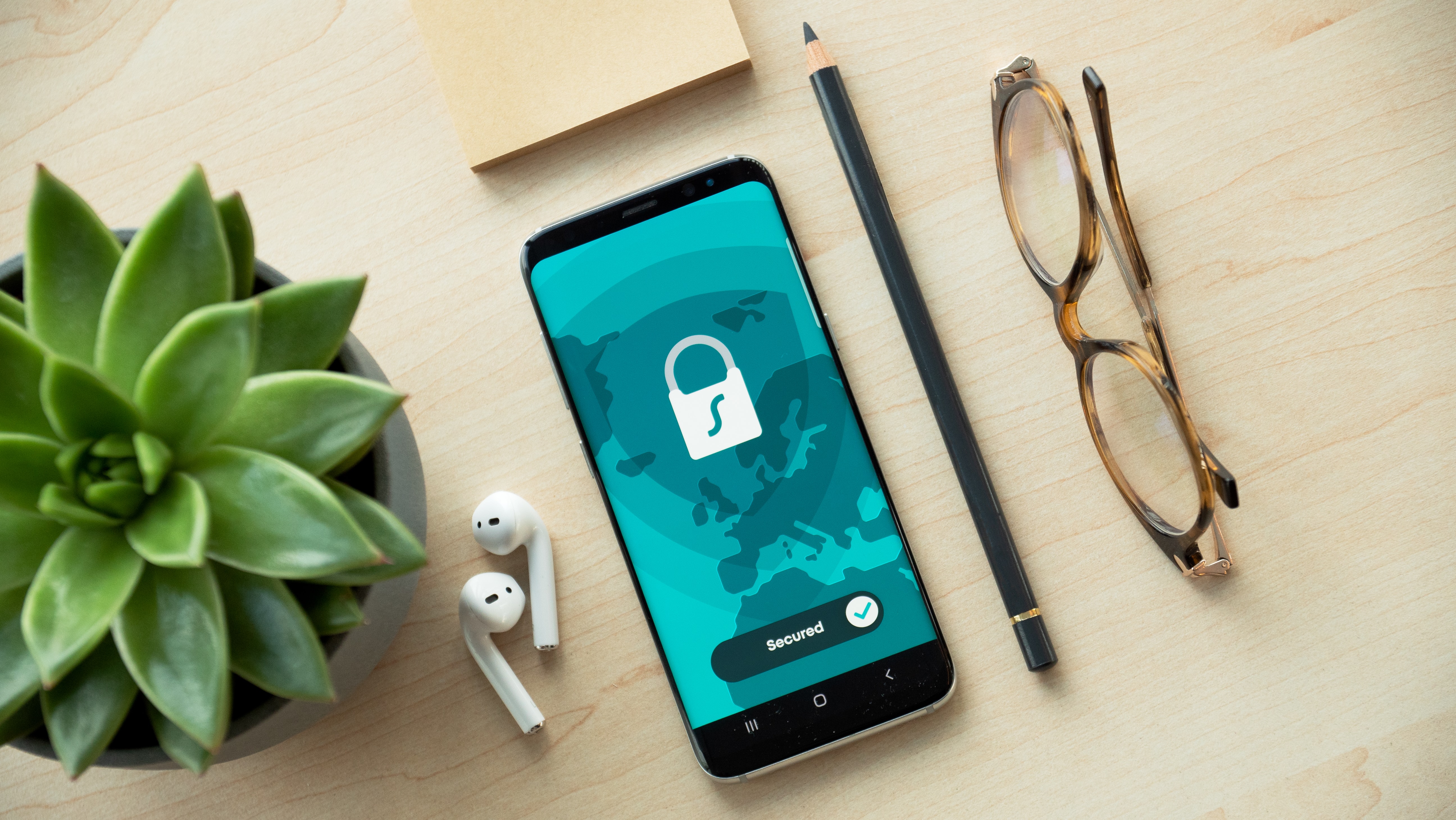Privacy Tips for Online Learning

Photo by Dan Nelson on Unsplash
February 9th, 2023
Online learning has been the norm for some time now with many students well versed in using video conferencing tools and digital-teaching resources. While these technologies enable a rich online learning experience and give students the freedom to learn when and where they need, they require students to share a greater amount of personal data compared with traditional classroom settings.
As with giving personal information in other scenarios like banking, healthcare, and the workplace, for example, there are some considerations students should be aware of when it comes to how the data is collected and used by the educational institution and instructors in order to maintain privacy.
To help better understand privacy and how it relates to online learning, we spoke with Dr. Ann Cavoukian, Senior Fellow, Ted Rogers Leadership Centre at Toronto Metropolitan University and Instructor at The Chang School, and Aubrae Wilson, Program Director, Business at The Chang School. First off, it’s important to understand what kind of data exists in a post secondary environment.
What is Student Data?
Student data is any personally identifiable information that could tie someone to their actual identity.
“It could be something as straightforward as your name or your grades in the learning management system or things that are on the back end like financial information,” says Aubrae. “It really encompasses a wide swath of information. Any kind of data that could be collected about you as a student is similar to a consumer setting where any bit of information that’s collected could be considered a data point.”
Likewise, Dr. Cavoukian says to think of student data like any identifiable data privacy, which is all about personal information that relates some identifiers being linked to a body of information.
“With students, that would extend to their marks, their exams, things that they submit like papers they work on, and usually, their personal identifier is their name attached to it,” explains Dr. Cavoukian. She goes on to say, “For classes and courses, that’s understandable – the teachers have to assign marks and they have to review your work – it’s not that there’s a problem with that. The problem is, if the personal information that personally identifies you with the data is then used for additional purposes called secondary uses that you have not consented to, then that’s when problems arise.”
Managing Personal Information Online
In a world where students outside of educational institutions share information freely online and especially on social media, the lines can be fuzzy when it comes to what’s appropriate and what’s not in online learning (or in-person for that matter).
“Educational institutions are perceived by students to be a safe space but if that information is shared on social media, it’s a lot more fluid and difficult, if not impossible, to protect privacy,” says Aubrae.
For example, if a student chooses to share that they are studying a particular subject on LinkedIn, but their current role says they’re an expert in that subject, it might cause other people, including employers, to question whether they have the skills for their role.
“I mean, you’d better be honest because these days people are going to find out if you’re claiming you have expertise in a certain area,” says Dr. Cavoukian. “You have to be able to back that up as everyone goes on the web.”
Another example of sharing student data would be on communication platforms outside of educational institutions, like Messenger or WhatsApp.
Dr. Cavoukian says she tells people to be extremely careful with the personal information they disclose on these types of apps. “You give up your control of personal information once you go on these apps,” she says. “Privacy is all about personal control relating to the use and disclosure of your personal information. If you share your information on these apps, control goes out the window, so people need to be aware of that.”
While she wouldn’t discourage people from using them, they should be aware of what information they share.
What Measures Can Post Secondary Institutions Take To Protect Students?
As Dr. Cavoukain points out, privacy is all about personal control, however there is some due diligence required on the part of the educational institution and on the instructors, who have regular contact with students. The first step institutions and instructors can take is to raise awareness to students about possible privacy issues in online learning.
Awareness Of The Importance Of Privacy
“I really think it’s important that instructors have a solid grounding in the potential privacy risks that can arise if they’re not careful with the information that has come into their possession,” says Dr. Cavoukian.
Aubrae agrees that it’s the institution’s responsibility to provide instructors with the information they need to keep students’ data safe. However, she says this is not always easy.
“It’s difficult to communicate everything that they will need to know,” she says. “It’s that delicate balance of just making sure the most important things are the things that instructors are most likely to encounter that they’re aware of.”
Learn more about the Certificate in Privacy, Access, and Information Management
